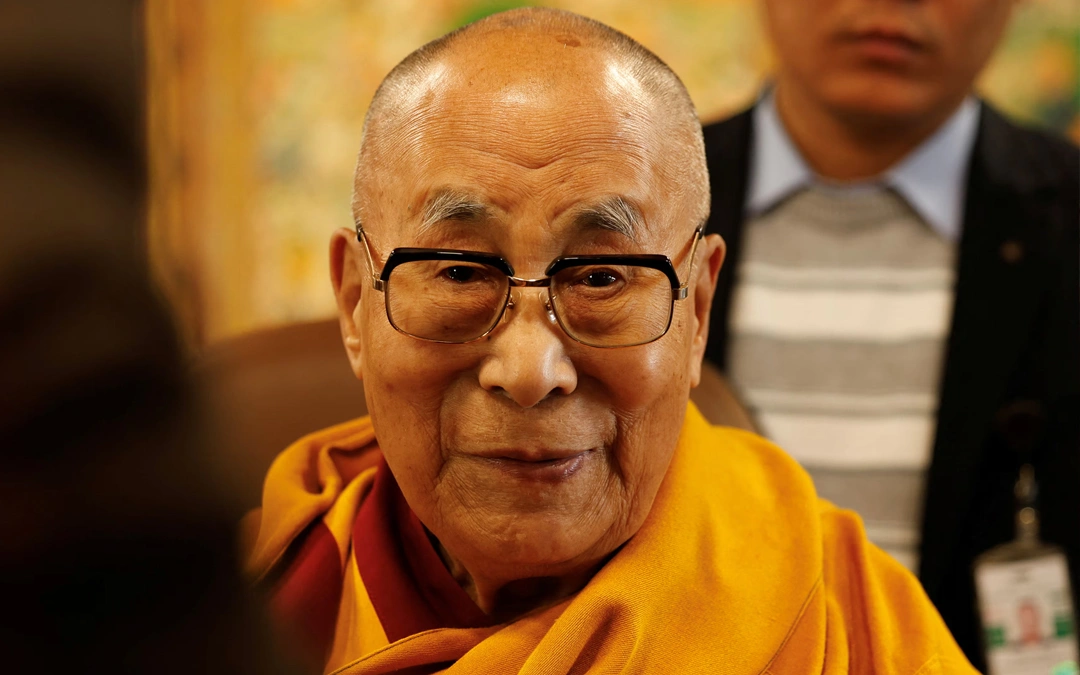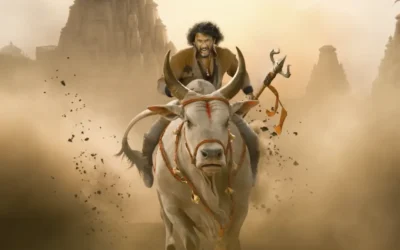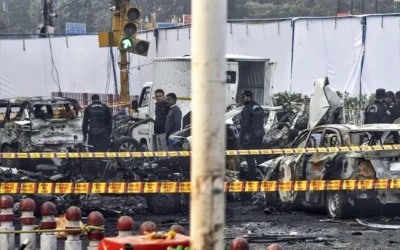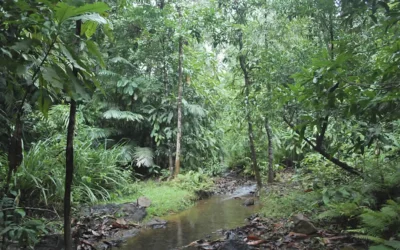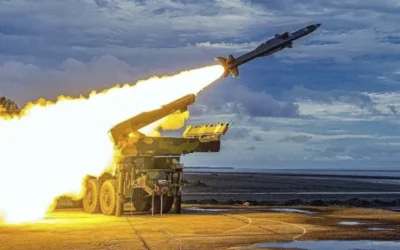The spiritual leader of Tibetan Buddhism, the 14th Dalai Lama, Tenzin Gyatso has officially confirmed that his lineage will continue after his death — but with a bold declaration: his successor will be born outside China.
As the 89-year-old Nobel Peace Prize laureate grows older, the question of succession has gained urgency — both spiritually and geopolitically. In recent statements and writings, the Dalai Lama has outlined how the next reincarnation will be identified, rejecting China’s claim to control the process
What We Know So Far
There Will Be a Successor
In a recent video address, the Dalai Lama confirmed he would be reincarnated after his death. The Dalai Lama said Wednesday that the centuries-old Tibetan Buddhist institution will continue after his death, ending years of speculation that started when he indicated he might be the last person to hold the role. His having a successor would mean he would be reincarnated. The Gaden Phodrang Trust, which he established, will oversee the process of identifying the next Dalai Lama, in consultation with senior Tibetan Buddhist monks and traditional spiritual methods.
The Next Dalai Lama Will Be Born Outside China
In his latest memoir, Voice for the Voiceless, the Dalai Lama wrote that his successor will “definitely be born in a free country”, suggesting a clear refusal to accept any selection under Chinese influence.
China’s Position Rejected
China insists it has the sole authority to approve any Dalai Lama through a centuries-old ritual known as the “golden urn” process. But the Tibetan spiritual leader and the exile community strongly oppose this. The Dalai Lama emphasized that no one, including China, can appoint his successor.
Global Implications
This is not just a religious matter — it’s a geopolitical flashpoint. The U.S. has formally objected to Chinese interference, reaffirming Tibetan religious freedom and restoring financial aid to Tibetan exiles. Meanwhile, India continues to host the Tibetan government-in-exile, making it a key player in the succession’s future. The Tibetan government-in-exile, officially known as the Central Tibetan Administration (CTA), is based in Dharamsala, India. It was established in 1959 by the 14th Dalai Lama following the Chinese invasion of Tibet.
Why It Matters
- The Dalai Lama’s choice ensures that Tibetan Buddhism stays independent from political control.
- It could lead to two rival Dalai Lamas — one chosen by the Tibetan monks, the other by Beijing.
- It raises questions about freedom of religion, identity, and spiritual legacy in the 21st century.
The Dalai Lama’s team has made it clear: the reincarnation process will be handled by Tibetan Buddhists themselves, based on centuries of tradition — not government pressure. As the world watches, the future of one of the most influential spiritual offices on Earth is being quietly but firmly shaped.
Discover more empowering stories and insightful content like this on YOUxTalks, your go-to destination for inspiration and knowledge.
Follow YOUxTalks on Instagram: https://www.instagram.com/youxtalks

